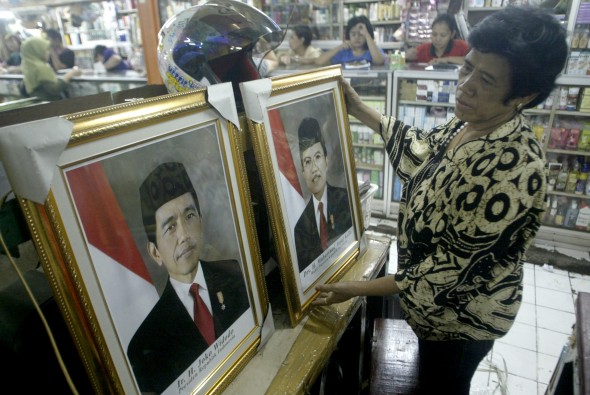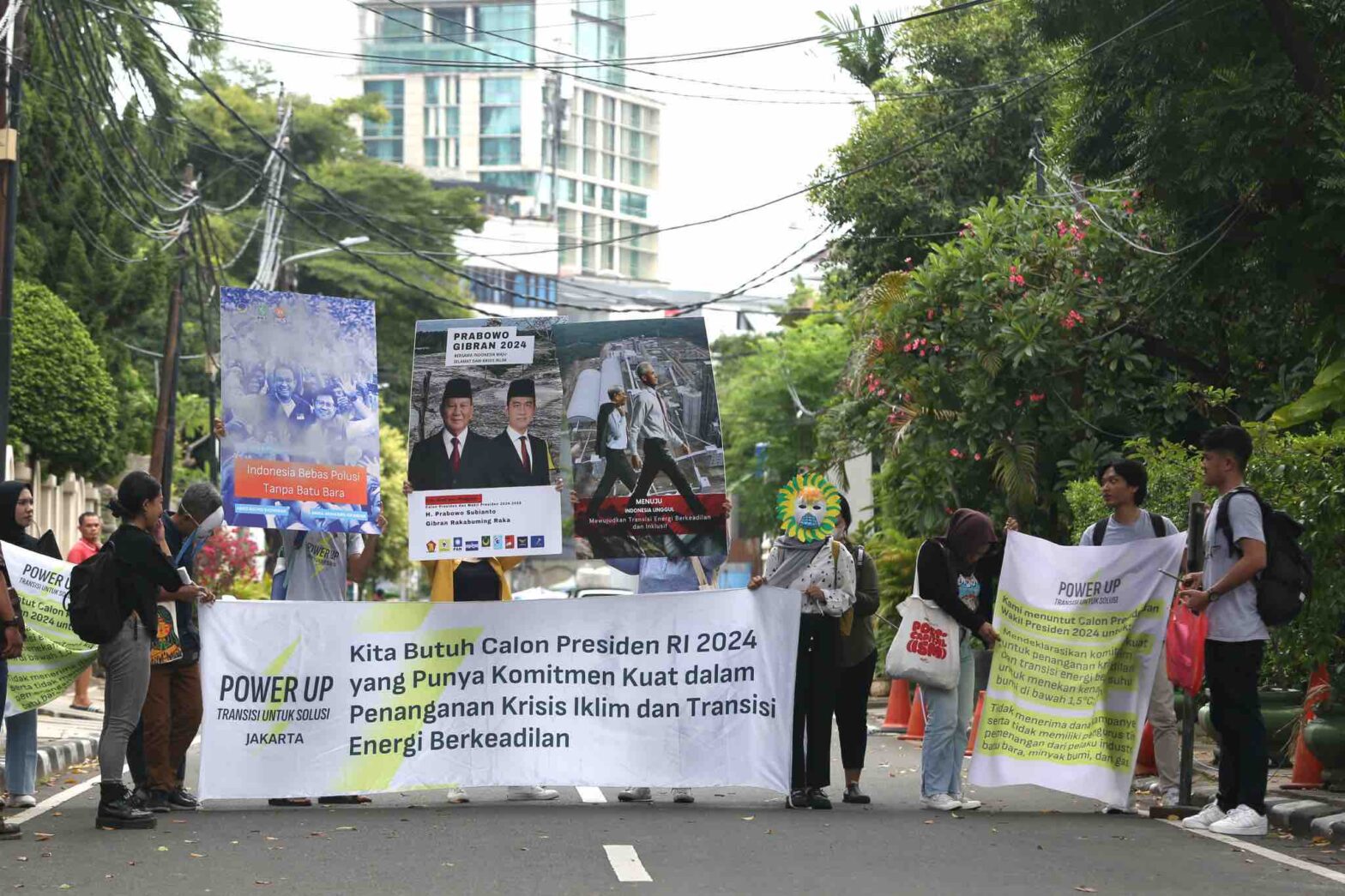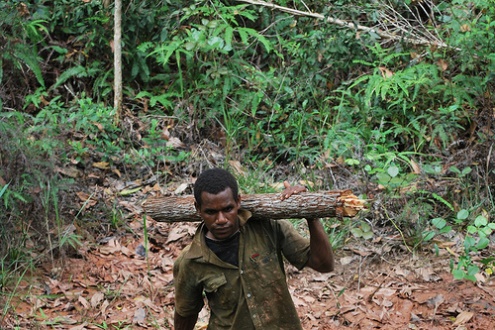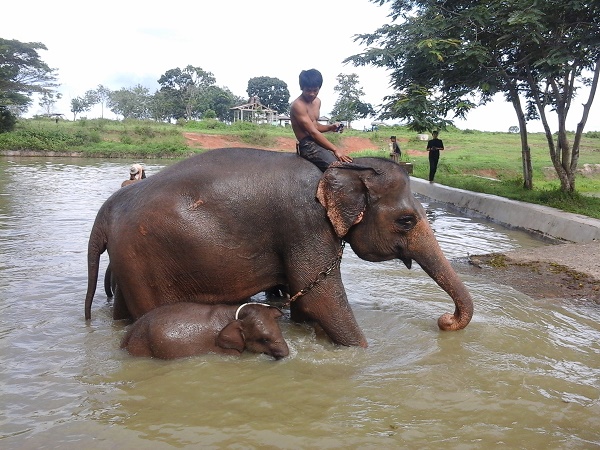Jakarta, Ekuatorial – After failed to secure opportunity to pass the law this year, indigenous people’s alliance on Monday (16/2) reminded President Joko ‘Jokowi’ Widodo on his promises to support the recognition and acknowledgment of indigenous people in Indonesia.
During his presidential campaign, Jokowi and Jusuf ‘JK’ Kalla had promised to speed up the process of passing the Indigenous People’s Acknowledgment and Protection bill into a law. However, the bill had failed to be included into the 2015 National Legislation Program (Prolegnas) at the House of Representatives (DPR) stalling its change to legalized indigenous people existence in Indonesia this year.
“[We] need to remind Jokowi on his promise to indigenous people during his presidential campaign that he’ll speed up Indigenous People’s Bill which had already at DPR [House of Representatives],” said Abdon Nababan, secretary general of (AMAN), in Jakarta.
Nababan said that the first impression after learning the bill did not make it this year was Jokowi had been negligent. “This is his promise but why he did not delegate it to his ministers because DPR had already initiated to discuss it. So, if only the government followed it up, it can be included as priority,” he said.
After long process, the bill was finally picked up by DPR in 2013 and made it into Prolegnas the following year. However, there was no significant progress of the bill.
“It seems that there’s no ‘communication’ between his visions with his cabinet. If this going on, Indigenous People will be disappointed,” said Nababan. “I am very disappointed but there’s still hope. He may not be able to focus because of recent political situations.”
Meanwhile, Marlea Munez, director of Phillipines’ National Commission on Indigenous Peoples (NCIP), said it was important for indigenous people to be recognized that only happen if the government came up with the law. “If not a law at this time, [the government] could come up with transitional strategy to ensure indigenous people’s rights,” said Munez adding that NCIP was formed ten years after Indigenous People Rights Act was passed in 1987.
“It took us ten years to implement [the law] but in between we have in-line agency that handle indigenous peoples through certain ancestral domain program,” she said. “It’s only program level at that time so it’s natural to have that kind of [long] process.”
She added that civil societies need to continue submitting proposals in various forms, not just advocacy papers, but also came up with policy papers, legal documents. “No government would say no to a good set of proposals. It may take time. We took ten years but maybe Indonesia can get it in five years,” she said. Fidelis E. Satriastanti.



